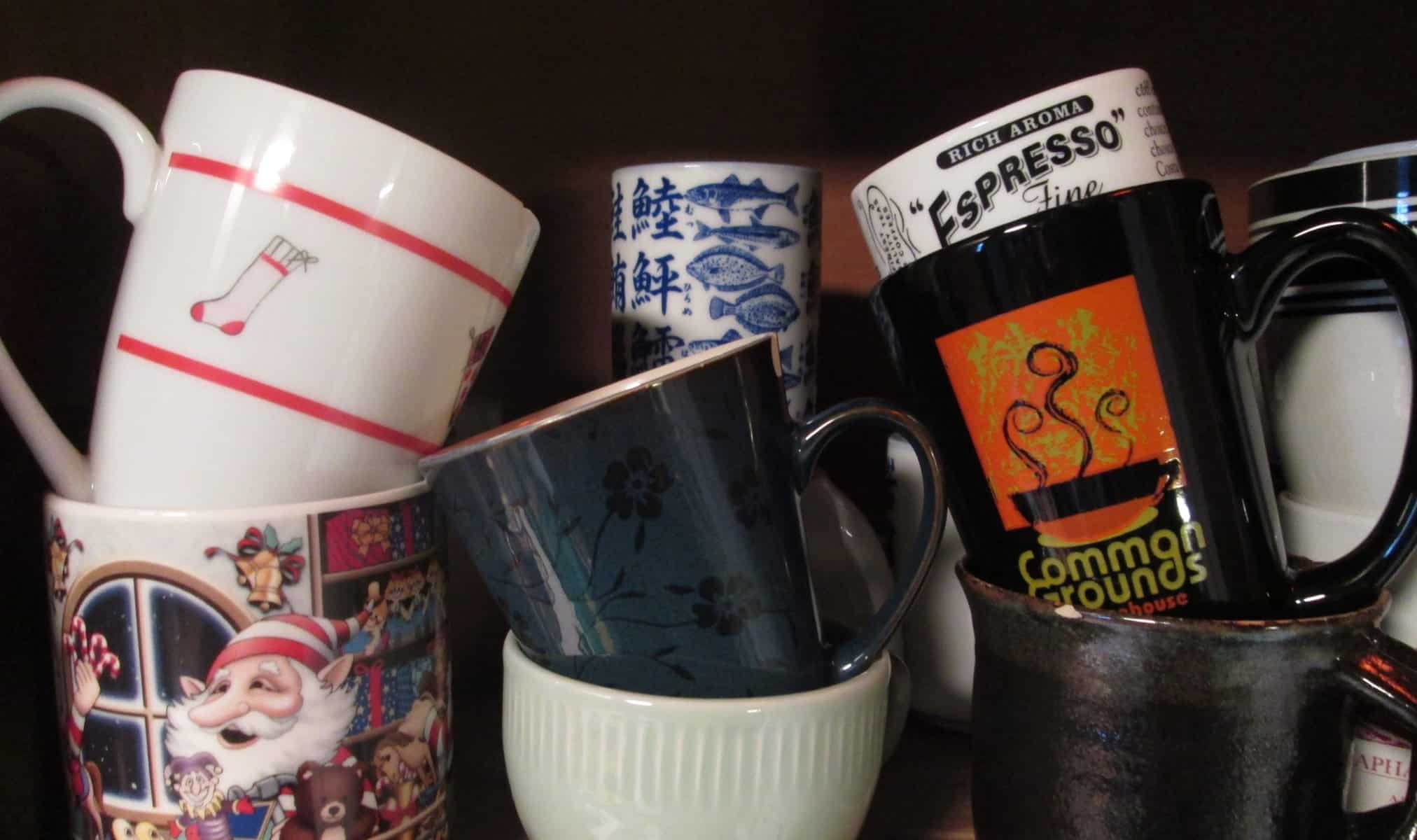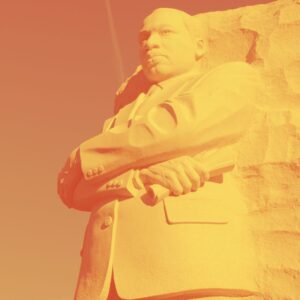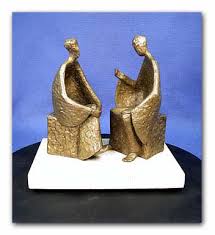 Let’s get all the cards out on the table. I am a proud, full-fledged member of the conservative pro-family movement. If I told you that my experience at Christians for Social Action’s (CSA) Oriented to Love retreat as a conservative was easy, then I would be lying. But birthed out of one of the most exposing challenges of my life came unexpected surprises mixed with unlikely new friends.
Let’s get all the cards out on the table. I am a proud, full-fledged member of the conservative pro-family movement. If I told you that my experience at Christians for Social Action’s (CSA) Oriented to Love retreat as a conservative was easy, then I would be lying. But birthed out of one of the most exposing challenges of my life came unexpected surprises mixed with unlikely new friends.
Here’s why.
The retreat began with a nervous perhaps even frightened group of 12 people sitting in a circle talking together and drinking coffee out of mix-and-match mugs. To understand the full picture of Oriented to Love, you must know about the coffee mugs, each of a different shape and color. If you asked, each mug came with a unique story of origin.
I didn’t recognize it at the time, but we participants were like those mugs. While each of us was unique to the others present, we all originated from a collection of like-minded people with our own labels, slogans, and goals. Before we came together, I didn’t know how badly we would clash. So I brushed up on my theology, history, and social science and put my personal walls up high. I was ready for verbal war.
But the starting battle cry never came.
What I learned quickly was that labels and political ideologies are best left at the door before you enter Oriented to Love—not an easy thing to do for a culture warrior. Still, as I sat and listened to the personal testimonies of my fellow participants, the passions and agendas faded fast from my mind. I actively listened and learned from my new friends’ unique perspectives and experiences. As we talked, I realized how much I shared in common with them: family structures, church backgrounds, rejection, abuse, and joy in the Lord.
I opened up about my life, too, but not about what you might expect. I am a dedicated conservative Christian advocate, yes, but I am also a big sister, a daughter, an artist, a coffee addict, compassionate, loyal, and—most important for this dialogue—a friend to anyone. I hope and pray that these parts of “Chelsen the conservative” shone through. Just as I learned to let go of the stereotypes associated with liberals and same-sex attracted individuals, so, too, I prayed that my fellow participants would let go of false labels like “bigoted” and “hateful” that so many place on conservatives like me.
My favorite movements from Oriented to Love came late at night when the ladies (sorry, guys!) started our own unplanned dialogue. Tucked away in our little dormitory, we made tea and ate treats found in our goody bags arranged by the CSA facilitator. It was here that we really opened up about being women. We encouraged one another; we prayed for one another and broke down some really, really, really tall personal walls. “Cherish” is the only way to describe how I remember these deeply personal talks.
Just like the mugs, 12 very different people came together at Oriented to Love to form our own diverse, unique, and beautiful group. We were a gifted, funny, and loving group, too. Of course, I’d be lying if I told you this collection was an easy creation. Only after chiseling and molding through open dialogue did we finally begin to “fit” together. This process was tough. Did others say things that hurt my feelings? Yes. Did I make statements that hurt others? Yes. But when the arduous process was over, we were not only talking, laughing, and drinking coffee together, but we were full-on dancing together. Yes, dancing. All of us. Together.
Hidden away in that peaceful spiritual retreat center, we found it possible to forget theological struggles and political goals. We were just people together.
So the hard part really got started, for me, when the retreat was over. Now it was time for me to merge my new experiences and friends with my faith and politics. “How do I uphold my convictions, while still showing love to my homosexual neighbors?” I keep asking this question. I’m still stringing together an answer. It isn’t easy to “speak truth in love,” as we have been taught. It’s actually quite heartbreaking, because you never can make everyone happy. If I continue to stand by my conservative convictions, I inevitably and unintentionally hurt my liberal friends. If I don’t sound harsh enough, I disappoint some of my conservative friends. All I seem able to do is pray and know that only the Almighty can teach me what it truly means to “speak truth in love.”
My theology and ideology have not changed. I still commit to orthodox Christian teaching and will continue to advocate for a stronger social and political church witness. But what is important to remember is this: Oriented to Love is not about changing minds. It’s simply about changing hearts.
Chelsen Vicari is the director of Evangelical Action at the Institute on Religion and Democracy. Writing is her version of cheap therapy.


